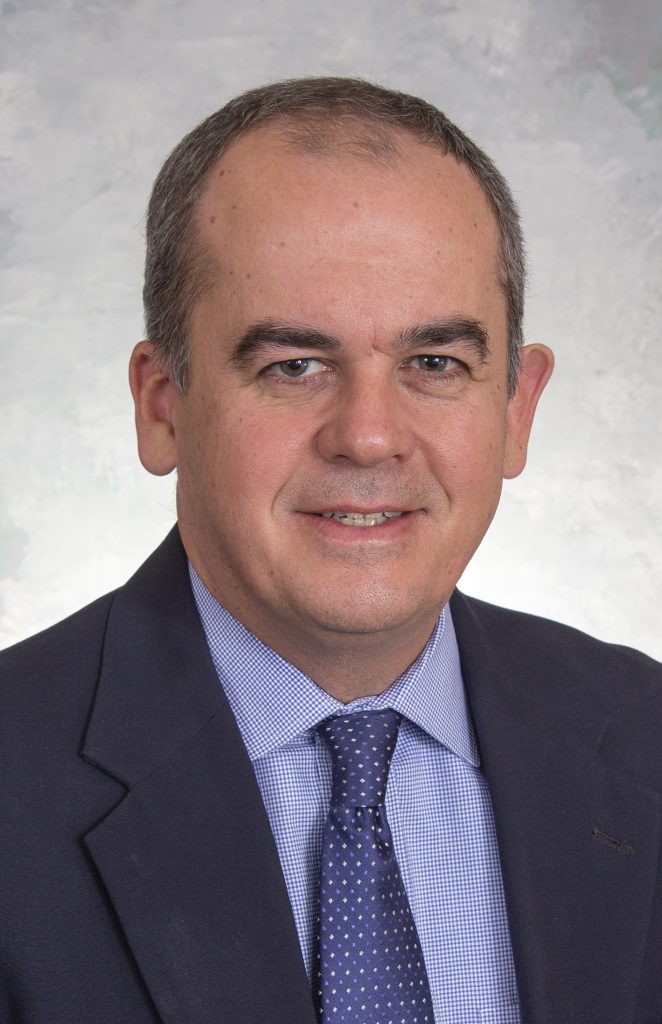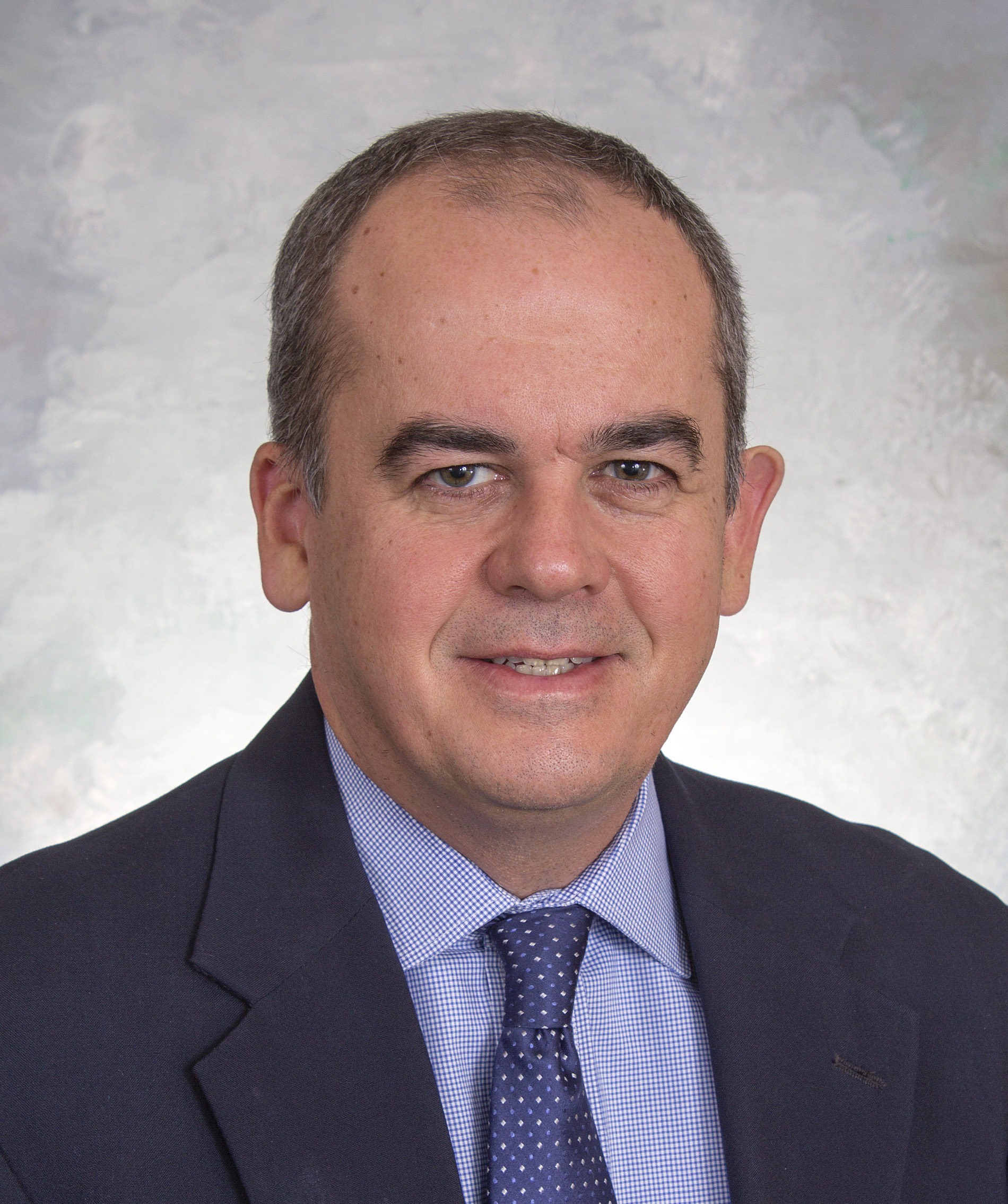New research led by faculty member shows promise for treating deadly form of salivary gland cancer3 min read
Ann Arbor, Mich., Dec. 8, 2022 – A University of Michigan School of Dentistry faculty member is the lead author of a new study that offers promise for the treatment of a lethal form of salivary gland cancer.

The study by Dr. Jacques Nör and a team of researchers from the School of Dentistry and the Rogel Cancer Center at Michigan Medicine was published in the journal Clinical Cancer Research. The research showed that certain drugs can change the fundamental makeup of cancer stem cells in mouse models of mucoepidermoid carcinoma, which is a salivary gland cancer that currently has no treatment options.
Cancer stem cells represent the small number of cells in a tumor that fuel cancer’s growth and spread. “We observed that when we used small molecule inhibitors of MDM2 for a short period of time, the population of cancer stem cells decreased quite a bit,” said Nör, the Donald Kerr Professor of Dentistry and chair of the Department of Cariology, Restorative Sciences and Endodontics. The team initially thought that the cancer stem cells were being selectively killed by the drug, but the study revealed an even more important finding: “We found that the drug actually changes the fundamental nature of the cells to make them more vulnerable to other therapies and less able to start new tumors,” Nör said.
“There is currently no effective therapy for this cancer. Right now, these patients are typically treated with radical surgery and radiation, and that usually is insufficient. Patients die because of tumor relapse and tumor metastasis. We need a systemic drug. This is one of the first outcomes that is showing some positive signs in terms of tumor regression or inhibiting tumor relapse,” Nor said. “The bottom line is we now have a drug that is in a clinical trial for patients with salivary gland cancer.”
More than 3,000 people die of salivary gland cancer in the United States every year, and to date there is no FDA approved drug to treat it.
A more detailed article by Michigan Medicine is here.
The study published in Clinical Cancer Research is here.
###
The University of Michigan School of Dentistry is one of the nation’s leading dental schools engaged in oral healthcare education, research, patient care and community service. General dental care clinics and specialty clinics providing advanced treatment enable the school to offer dental services and programs to patients throughout Michigan. Classroom and clinic instruction prepare future dentists, dental specialists and dental hygienists for practice in private offices, hospitals, academia and public agencies. Research seeks to discover and apply new knowledge that can help patients worldwide. For more information about the School of Dentistry, visit us on the Web at: www.dent.umich.edu. Contact: Lynn Monson, associate director of communications, at [email protected], or (734) 615-1971.


